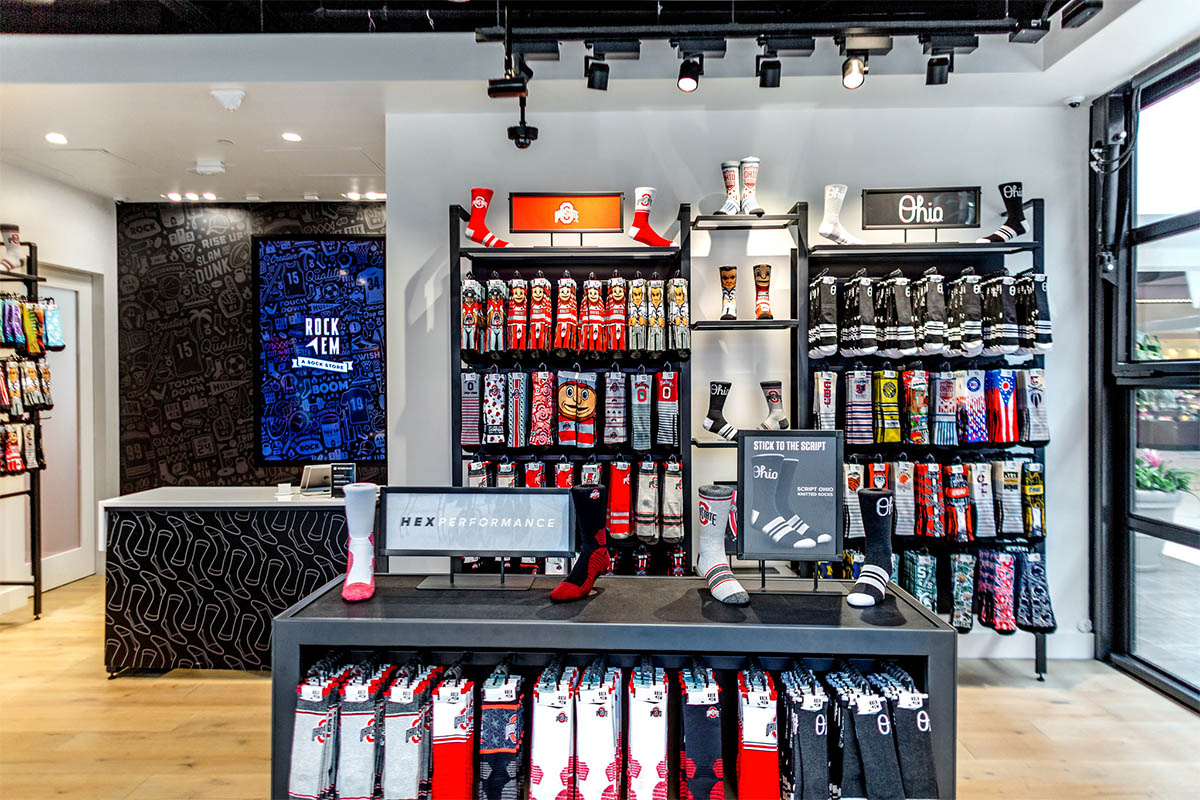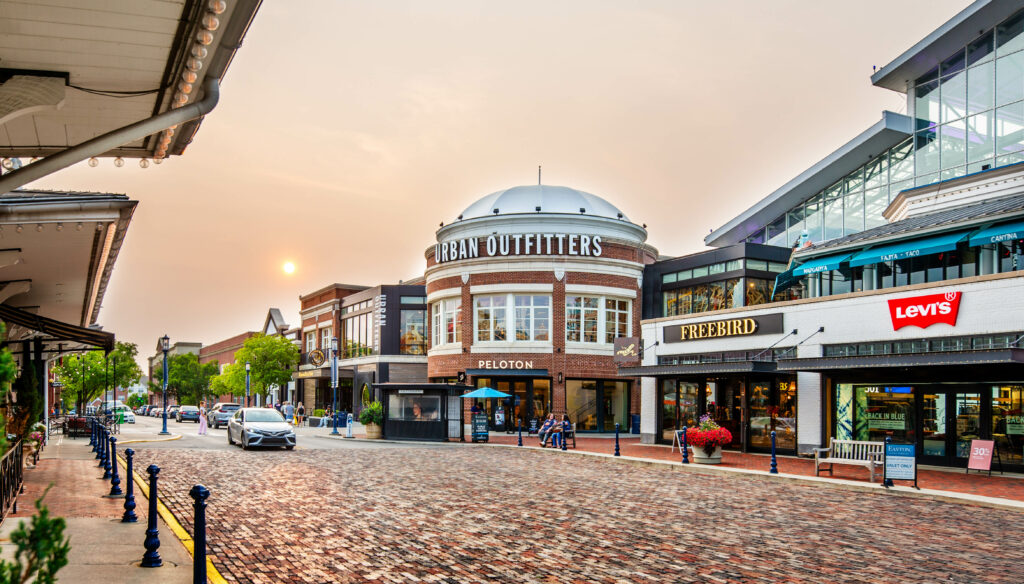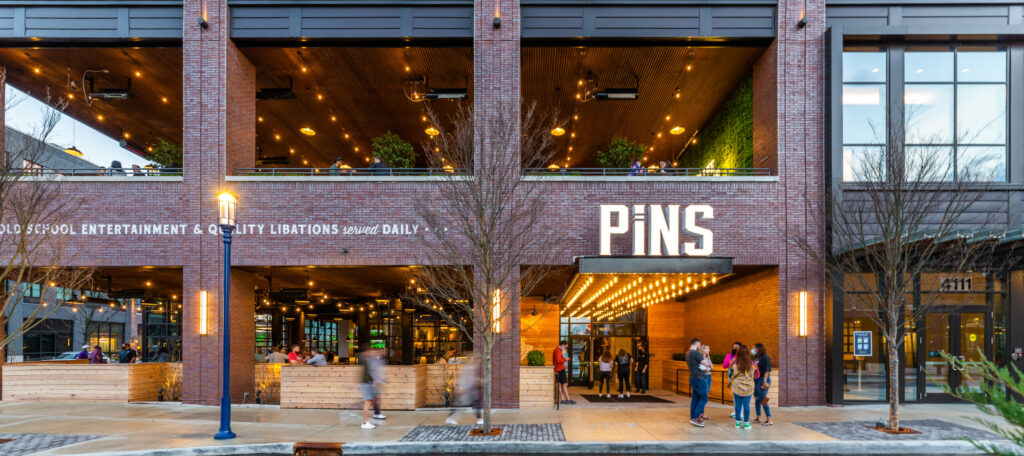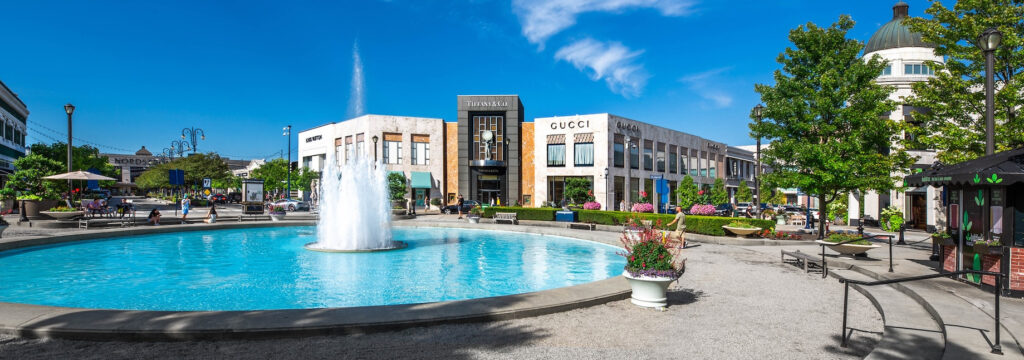By Yaromir Steiner
Local businesses are the heartbeat of America. Their role in supporting and sustaining local communities and economies is profoundly understated—especially as monopolistic, multinational corporations continue to enter cities touting deceivingly similar support.
Economic Impact of Local
Supporting local business has real economic advantages that make cities better and more appealing to live in. Multiple studies show that spending money locally—as opposed to non-locally—keeps a much higher percentage of that cash circulated within the community. This creates a ripple effect that is felt in both direct and indirect ways.
A study conducted by Michigan State University, for example, cited—for every $100 spent at a local business in West Michigan, $73 remained in the local economy, as opposed to $43 when shopping at a non-local business. Another study conducted near Salt Lake City, Utah, found that local retailers returned around 52% of their revenue to the local economy, compared to just 14% for national chain retailers.
While this difference doesn’t seem so big, it can add up to gargantuan sums when taking into account the local multiplier effect, which theorizes that a higher proportion of money re-spent in the local economy equates to a higher multiplier effect due to more income being generated for the local population.
To sum it up, investing in local is an investment in ourselves and the communities in which we live and operate.
Community Impact of Local
Another benefit of supporting local business is the fact that they’re experts in the region they’re based in. These are your neighbors. They are people who care about and are invested in the wellbeing of the community and its future. The City of Seattle notes that small businesses donate 250% more than larger businesses to non-profits and community causes. This fact of benevolence creates an invaluable incentive to support local business.
Additionally, a community that is known for supporting local businesses eventually fosters a cycle of entrepreneurship that continually breeds new and innovative brands, products and services from brilliant people who would otherwise leave the city for better opportunities.
Impact of Local on CRE Development
From a commercial real estate perspective, supporting local businesses is, well, good for business. According to a 2019 study conducted by Indiana University’s Kelley School of Business, shopping and eating at a locally owned establishment causes a consumers’ local identity to become activated, increasing their willingness to pay more for the product.
The National Restaurant Association said that hyper-local—for example, restaurant gardens, onsite brewing and house-made items—was a top trend for 2019. This momentum will continue to carry on through the 2020s and beyond as consumer preference and demand shifts.
Where success used to mean finding the best tenants that offered the largest range of merchandise, Easton Town Center—a Steiner + Associates development—entices local tenants ranging from new entrepreneurs to digital native businesses to open a pop-up through an innovative tool called Shop/LAB.
This 500-square-foot space plays a role in helping small businesses and local entrepreneurs achieve their dreams by giving them a physical presence from which to raise drive traffic and be discovered. All an entrepreneur needs to produce is the product, and Shop/LAB provides the rest.
For example, Shop/LAB allows for the opportunity to open a restaurant for around $100K—an endeavor that would otherwise cost millions. If the pop-up works out, the brand is given the opportunity to stay at Easton full-time. If not, the next idea is brought in and trialed. This strategy adds a social dimension to our role through local experimentation and implementation, making the center a truly unique destination.






